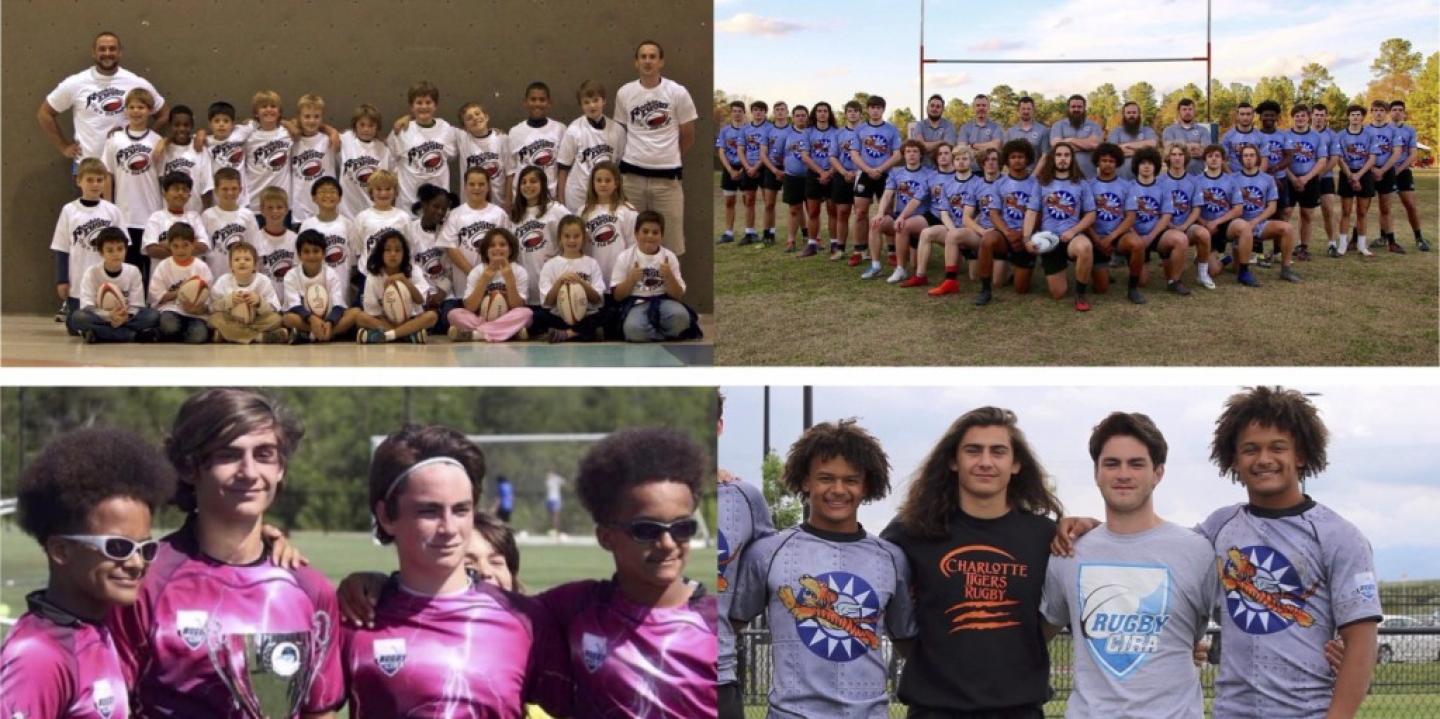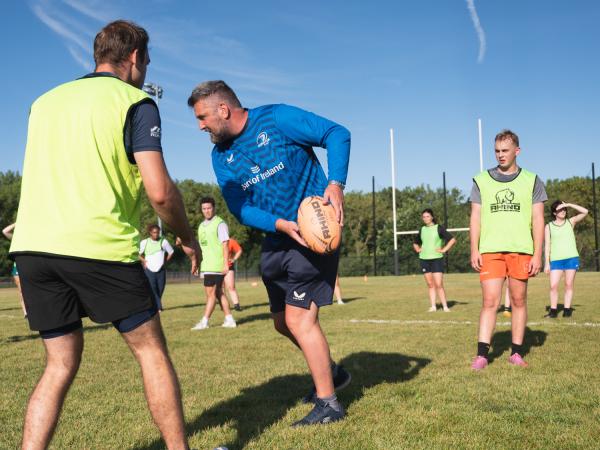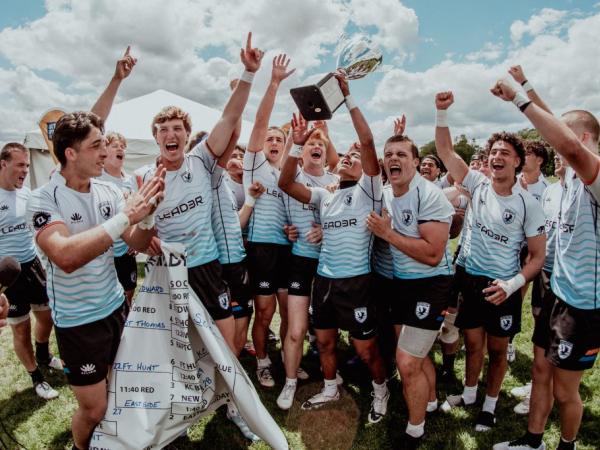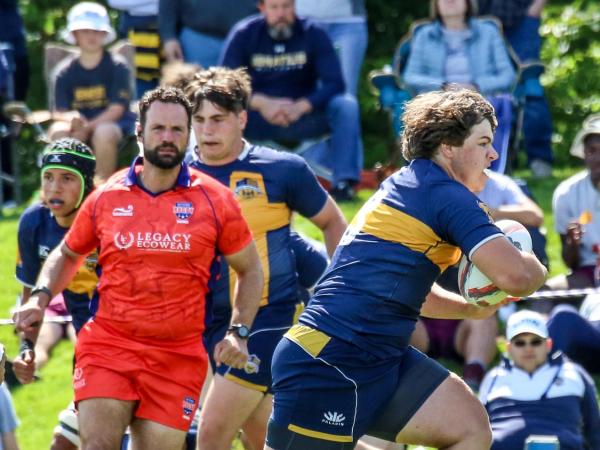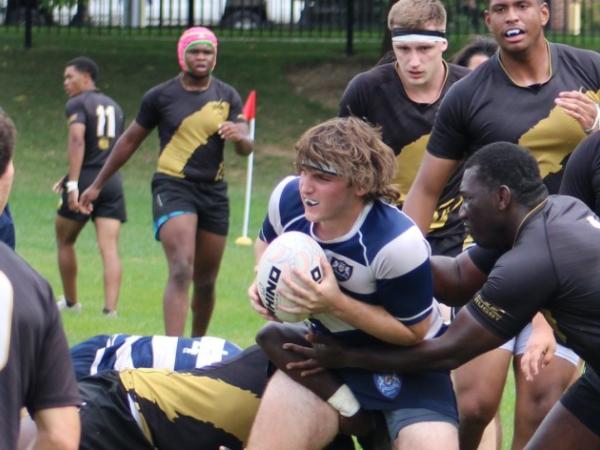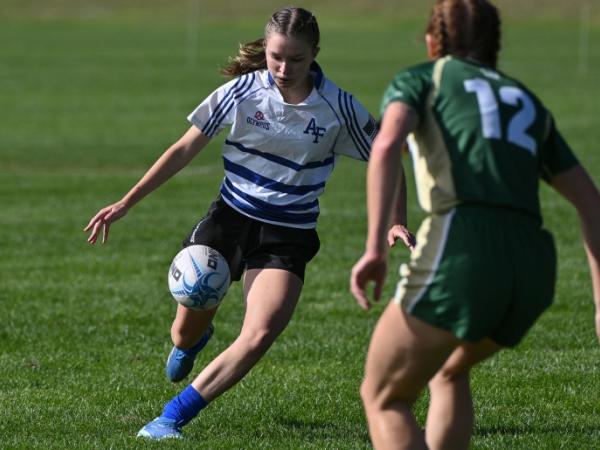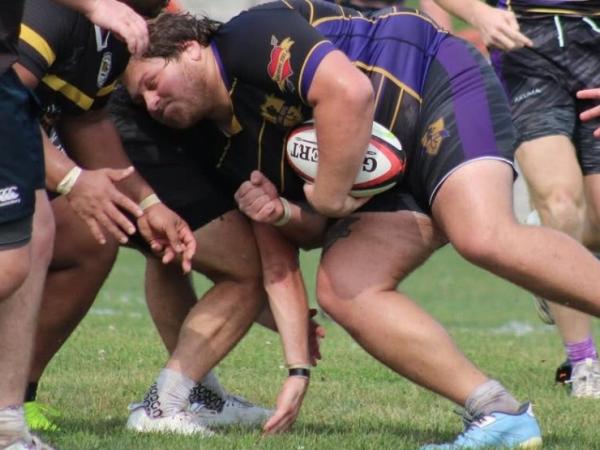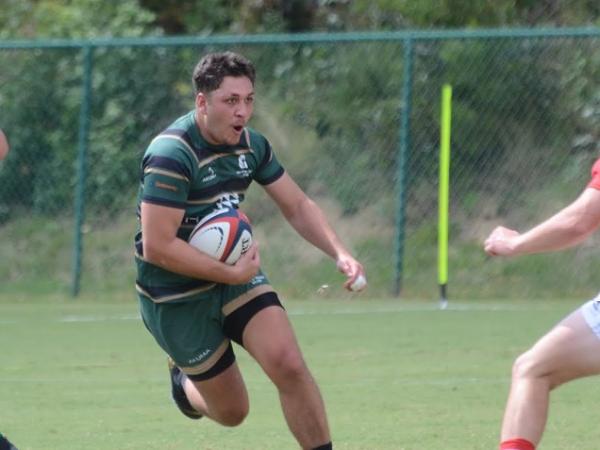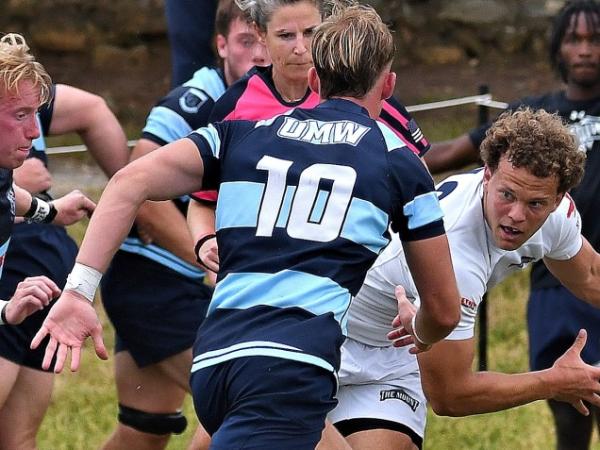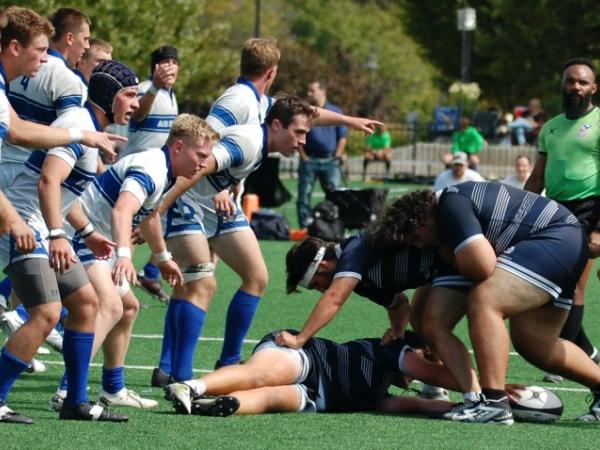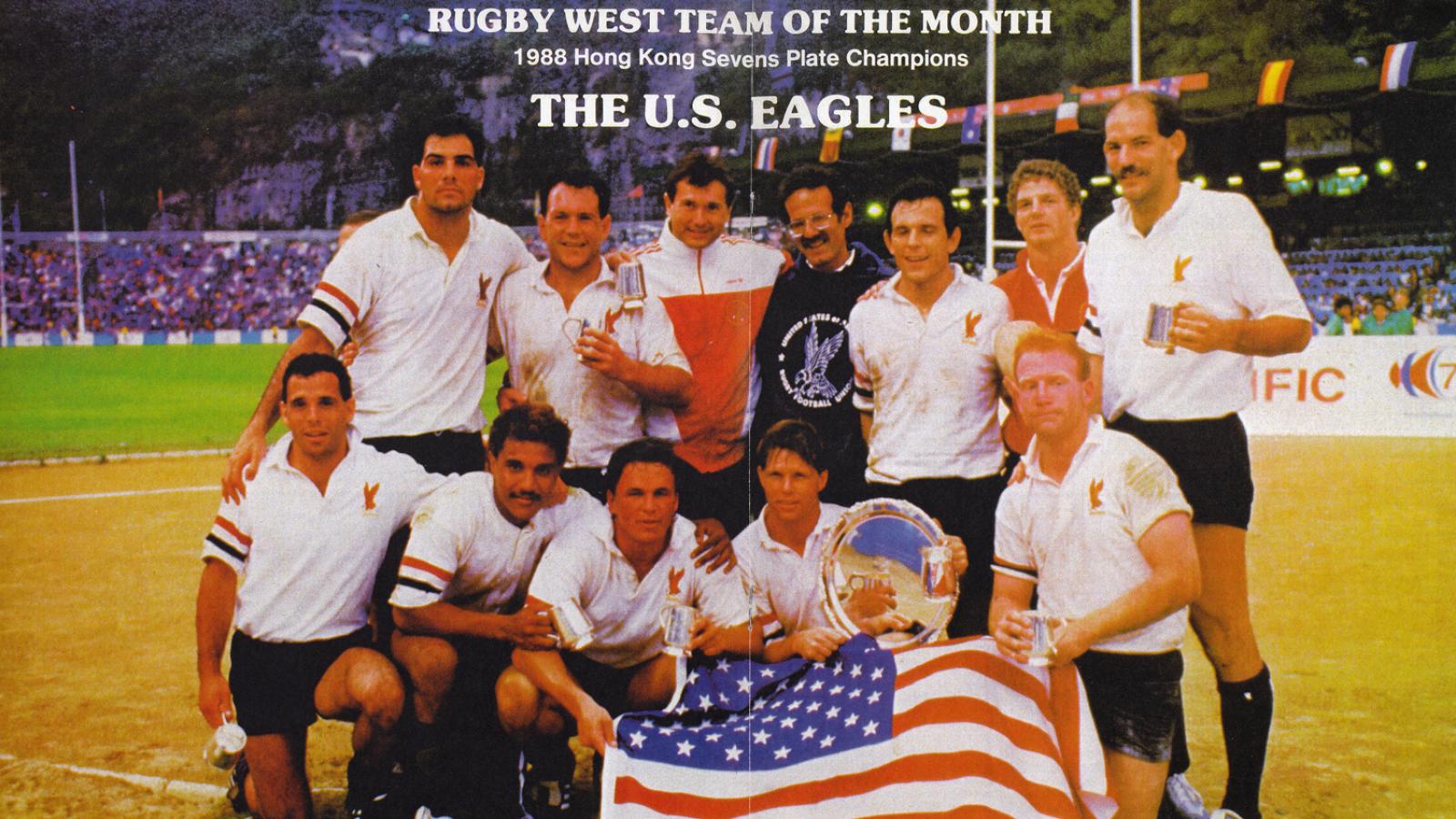If you want a great high school rugby team, start in elementary schools—then work at it over time.
That is the long view philosophy of the Charlotte Junior Rugby Association (CJRA), the parent club of the Charlotte Tigers. The splash the team made in the Tier I club bracket was a surprise to some (finishing 3rd overall) but to those who have spent any time around youth rugby in the southeastern United States, it is not a surprise at all.
A decade ago, the CJRA started with a couple of elementary school two-hand touch rugby sides. Over the years, the club has grown as the players have, with over 10 elementary school touch teams, more than 30 U10, U12, U14 tackle sides, several single high school teams, and then the club Tigress and Tigers high school girls and boys at the top of the heap.
This is not a new recipe. In fact, rugby nations are exactly rugby nations because they all have vibrant and active youth leagues. Here in the USA though, the majority of players come to rugby later in life. Those standout programs though, all seem to have one thing in common—youth rugby.
“I’m from North Carolina and had never heard of rugby until I joined the military and was stationed overseas in the early 90s,” said CJRA Director and Tigers Head Coach, Erik Saxon. I took to it right away and as an adult in my early 20s, one of my very first thoughts was, where was this when I was in school?!”
After completing his military service and moving back home, Saxon along with Matt Henry—a New Zealand native and schoolteacher in Charlotte, NC, decided to try to bring the tried-and-true international youth rugby model to the Queen City.
Consider the result by the breakdown of the Tigers team that came to Nationals. Of the 29 players that traveled to Utah, only one came to rugby in his last two years of high school. Five started their freshman year of high school. Fifteen started in middle school. Eight started in elementary school. That is a team rugby IQ not often seen in the US … for now. Charlotte isn’t the only club seeing seeds planted years ago begin to blossom.
“There is a rising tide of youth rugby clubs across the country that will float all boats,” Saxon said. “There will always be a spot for fantastic athletes to cross-over into rugby later in life and have a big impact – that is great – but that cannot be the plan. We need to build from the ground up and make rugby the primary sport for many, many kids to be where we want and deserve to be as a Nation on the rugby world stage. I’d like to think we’re doing our part down in Charlotte.”





